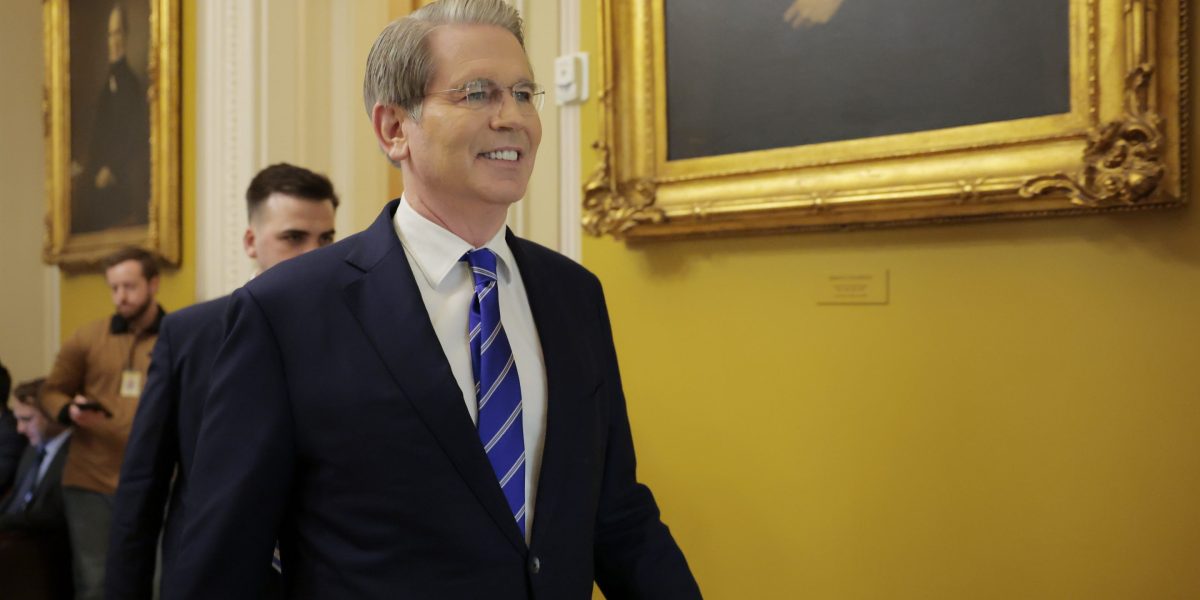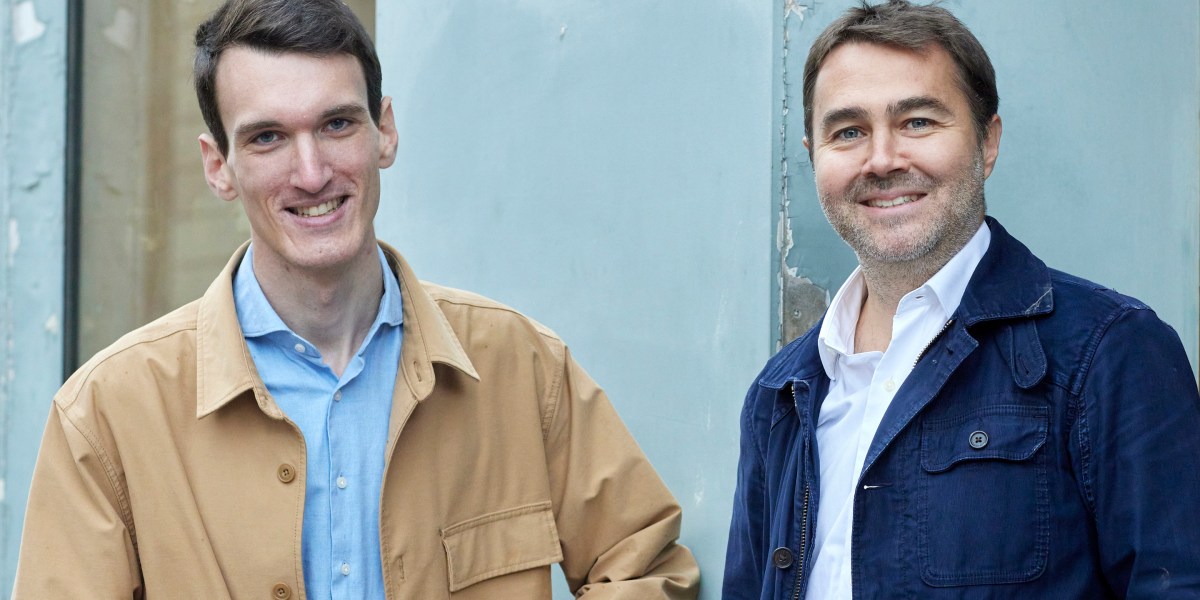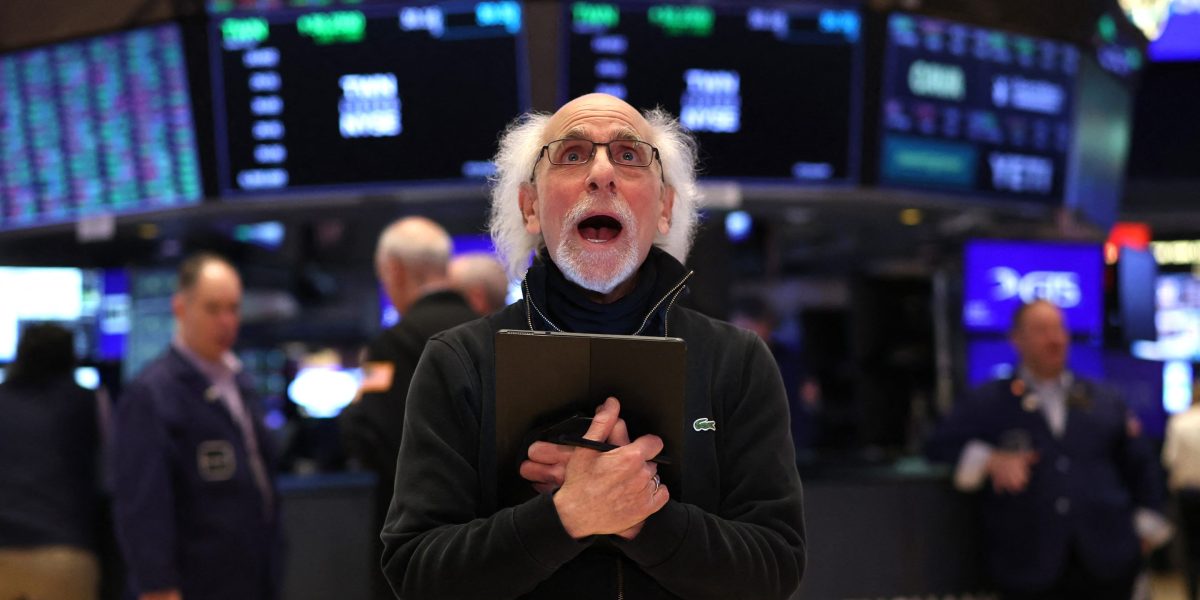Consumers value companies that create meaning, as do employees. This growing demand has created opportunities for platforms to facilitate meaningful corporate engagement through innovative solutions that give back to society.
French startup Dift is one example, with a platform that helps companies reward their clients and employees with donations that support social and environmental causes of their choice — joining the dots between marketing and impact.
Originally called Captain Cause, Dift rebranded in 2024. The new name is a contraction of the “don” (the French word for “donation”) and “gift”, which the startup hopes will become ubiquitous enough to turn into a verb.
“Our dream at Dift is for as many people as possible to discover local causes that resonate with them. Because we know that giving makes people happy,” Dift cofounder and CEO, Georges Basdevant told Fortune. “To achieve this, we have a message for all Chief Marketing Officers of visionary brands: Have you considered involving your customers in your impact initiatives?”
Basdevant may be a dreamer appealing to visionaries, but he is also a doer. So is Dift president and cofounder Frédéric Mazzella, who previously cofounded French ridesharing unicorn BlaBlaCar in 2006.
With 80 million passengers in 2023, BlaBlaCar is now one of Europe’s top scaleups (although it has no plans to IPO just yet). But the carpooling app hit plenty of bumps along the road, and only reached profitability in 2023 after a “pretty rough” pandemic.
This taught Mazzella a thing or two about navigating uncertainty, and how some fundamentals, like people’s instinct to connect and contribute, never change. That’s why he’s betting that even in tough times for companies and households, Dift’s model will find its footing.
“Crisis or not, one thing remains clear: the expectation for businesses to align profit with purpose is here to stay. This is a fundamental trend—90% of consumers expect brands to take action, according to a Oney study,” Mazzella said.
Brands are listening, too. Dift is only three years old, but has already secured major customers such as Accor, Carrefour, Engie and FDJ. This also helped it expand its reach beyond France; Accor’s loyalty program ALL, for instance, has more than 100 million members worldwide.
The use case itself is both simple and impactful: Thanks to Dift, ALL members can use their points to support causes, such as providing clean water to areas in need or helping unemployed people train for new job opportunities.
According to Accor’s Chief Loyalty & E-commerce Officer, Mehdi Hemici, the initiative has raised over 225,000 euros since its inception. “By integrating sustainability into our loyalty program, we are redefining how travel and purpose can go hand in hand.”
For companies, this also ensures that impact is not only a cost center. There is business value to be derived from emotional marketing, which can also be more efficient. “It creates a new bond between companies and their clients based on action around a shared purpose,” said Mazzella.
The trend is expanding to financial giants too: Dift distributed more than €10 million to date, and recently expanded its reach through a partnership with BNP Paribas. The bank had already introduced a mechanism to incorporate a donation component into its financial products, which Dift will now help scale.
According to Youri Siegel, Head of BNP Paribas Global Markets Sustainable Structuring, the goal of the initiative is to “encourage philanthropic engagement among both institutional and retail investors, enabling them to make a positive impact through their investments.”
Dift has impact embedded into its DNA, while being VC-compatible: In 2022, this ‘mission-driven company’ raised a €3.5 million seed round led by VC firm OneRagtime, with participation from MAIF Impact, Daphni, AFI Ventures and VNV Global. “As Patagonia shows,” said Basdevant, “nothing brings people together more than making a difference together.”
This story was originally featured on Fortune.com
Source link


 Entertainment8 years ago
Entertainment8 years ago
 Politics8 years ago
Politics8 years ago
 Entertainment8 years ago
Entertainment8 years ago
 Entertainment8 years ago
Entertainment8 years ago
 Tech8 years ago
Tech8 years ago
 Tech8 years ago
Tech8 years ago
 Tech8 years ago
Tech8 years ago
 Politics8 years ago
Politics8 years ago






